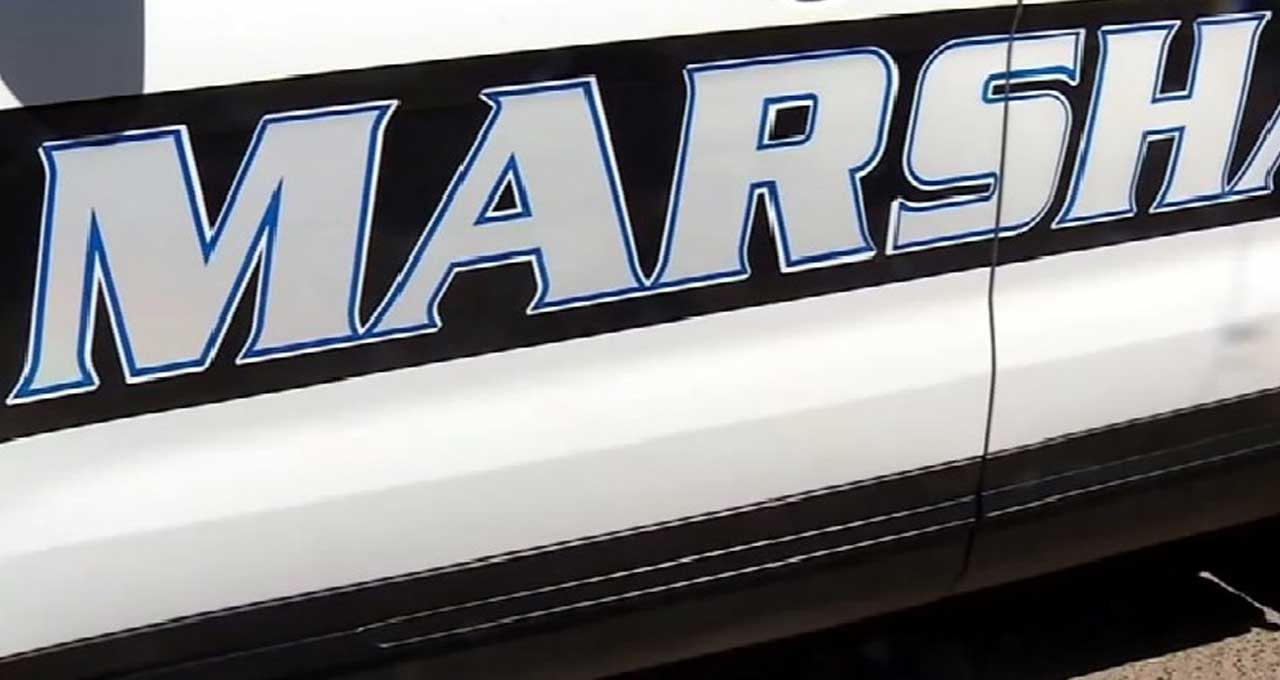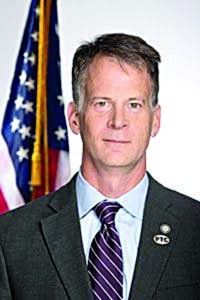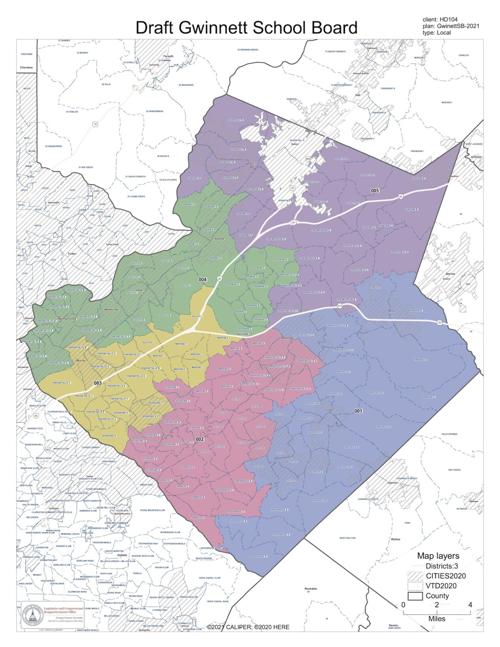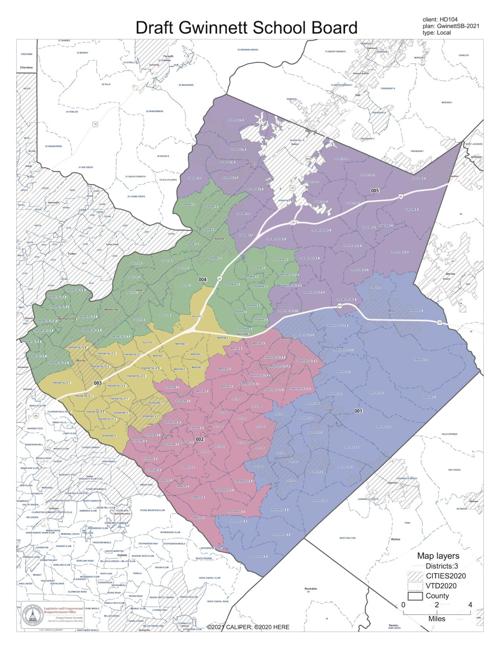Opinion
Opinion: Here’s another way the progress of justice is being slowed
Published
3 years agoon

Backers of former President Donald Trump would like to see him exonerated and returned to office. Those who see danger in Mr. Trump want to see him come before a tribunal and face the music for his misdeeds.
But for two distinct reasons, it seems the wheels of justice are beginning to turn slower than we thought they might.
Just this week a federal judge, appointed by President Trump, granted his request for an outside party to study the highly classified documents taken by the Justice Department from his Florida seaside home and resort. This move, appealed by the Justice Department, seems to slow the criminal investigation of Mr. Trump for at least before the November elections, now just two months away.
This move serves to give some relief to U.S. Attorney General Merrick Garland, who was in the tricky position of considering whether to continue to pursue the former president’s alleged illegal removal of top- secret documents from the White House to his Florida home. With the judge’s ruling, Garland no longer has this problem of continuing the probe of Mr. Trump prior to the elections for the time being.
Prior to the judge’s order granting a delay in the investigation, the Biden Administration and Garland faced an unwritten law. That was something people in Washington called the “60 Day Rule,” which forbids overt action that might be construed as political and could influence the midterm elections. Now Mr. Garland is freed from having to make that decision.
However, that unwritten rule is one that has generally been observed in matters for the Justice Department. While it is unwritten and vague in detail, the manual of the Department says that the timing of any action “for the purpose of affect any election,” or to intentionally help or hurt a particular candidate or party should not happen. That seems to discourage any movement, though it may have been built to be deliberately vague.
What this unwritten element seeks to do is to prevent any sudden bombshell announcement that might influence how the people vote in a soon-to-be-held upcoming election. In reality, it’s part of the American long-held tradition of being fair to all sides. In some instances, it seems to go overboard in being overly fair to people suspected of doing wrong. But the overriding principle is that our government should be fair to all.
That didn’t happen, however, in 2016, regarding Hillary Clinton’s election campaign. FBI Director James Comey sent out a letter two weeks before the 2016 election, on October 28. The letter said that the FBI was pursuing options to review newly discovered emails that may be “pertinent” to the Clinton case. That might have significantly hurt the Clinton election chances, since it came so close to Election Day. And it certainly violated Washington’s “60 day rule.”
In the current political climate, the seizing of the Top Secret documents from President Trump’s residence is only one of many cases that face the former president. There is the ongoing January 6 insurrection investigation, currently on hold with congressional recess. However, there is no “60 day rule” governing the Congress.
There are several other elements facing President Trump. Some say that the investigation by the Fulton County Grand Jury about President Trump and his aides trying to change the outcome of the Georgia presidential election results may be the first case that will go to trial, quite possibly soon. There’s little doubt that Fulton County District Attorney Fani Williams plans to slow down her investigation because of the “60 Day Rule.”
Our country is going through awkward times, as events evolve around the antics of a disgraced president. The country will muddle through, abiding by lawful rules, giving any defendants their full freedoms.
The Constitution envisions speedy justice, not delay after delay to put things off as long as possible. Let’s move it along and see if our country can start to blow away the heavy fog of delay to get this national nightmare behind us and step forward in a more positive manner.
Have a comment? Send to: elliott@elliottbrack
Written by Elliott Brack
This material is presented with permission from Elliott Brack’s GwinnettForum, an online site published Tuesdays and Fridays. To become better informed about Gwinnett, subscribe (at no cost) at GwinnettForum
Related
This material is presented with permission from Elliott Brack's GwinnettForum, an online site published Tuesdays and Fridays. To become better informed about Gwinnett, subscribe (at no cost) at GwinnettForum

Opinion
Opinion: Peachtree Corners Council is considering hiring a city marshal
Published
2 years agoon
January 11, 2023
By Alex Wright, city councilman
Since its incorporation in 2012, the City of Peachtree Corners has provided police services to its citizens through an intergovernmental agreement (IGA) with Gwinnett County. The city and its citizens have mostly been pleased with the level of service provided by the Gwinnett County Police Department (GCPD), but a level of change may be on the horizon for community safety in Peachtree Corners.

The Peachtree Corners City Council will soon be considering a proposal that would create a new department that will provide the city resources that it directly controls that can fill in some gaps that currently exist between what GCPD is doing and what the city would like done.
What is being proposed is known as a City Marshal. Several other cities in Gwinnett that do not have their own police force have City Marshals: Sugar Hill, Buford and Berkeley Lake.
Many citizens have asked what exactly is a City Marshal? In the context of what Peachtree Corners wants, it would be someone who is Peace Officers Standard and Training (POST) qualified. This basically means they’ve been to the police academy. They have the same powers as a police officer but would be tasked with a much narrower scope of responsibility. In what is being considered in Peachtree Corners, they would focus mostly on code enforcement issues and providing presence patrols.
Here are a two examples of situations that have created the need for this program;
- The legal department at Gwinnett County has instructed the GCPD to NOT enforce city specific ordinances. One example of where this was a problem was a very large and loud party in a neighborhood. A resident called the police. The police showed up but since the ordinance they were violating was a city-specific noise ordinance, the county police had been instructed to not intervene. So, the party proceeded. A City Marshal in this instance would be empowered to enforce this ordinance AND if necessary, issue orders to cease with the same powers as a police officer, including, if necessary, arrest abilities. A code officer cannot do that.
- Peachtree Corners has had multiple issues at the Town Center of unruly behavior, in some instances by large groups of teenagers. In spite of hiring an off-duty police officer, we continue to have problems. The Council is concerned about eventually something bad happening at the Town Center. The Council feels having resources that can be directed to focus on areas the Council deems important could help greatly in deterring undesirable behavior.
Please understand: in my opinion the Council is not interested in creating a police force at this time. We have a very good relationship with GCPD. Like departments across the country, GCPD faces staffing challenges and is not operating at its full authorized manpower levels).
When CGPD is fully resourced and are not handcuffed by bureaucratic decisions by the county legal department, they do an outstanding job. However, the GCPD is currently under-resourced, and the council believes a city marshal is a means to help fill that gap instead of just sitting back putting up our hands and saying there is nothing we can do.
Look to hear more about a city marshal in coming weeks from the city council of Peachtree Corners.
This material is presented with permission from Elliott Brack’s GwinnettForum, an online site published Tuesdays and Fridays. To become better informed about Gwinnett, subscribe (at no cost) at GwinnettForum
Related
Opinion
Opinion: Ten-member county commission idea is bad for Gwinnett
Published
3 years agoon
November 12, 2021
NOV. 12, 2021 | All of Gwinnett was surprised this week when Republican Sen. Clint Dixon proposed a bill that would radically change the form of government for Gwinnett County.
The proposal had two main provisions:
- One would increase the number of county commissioners from five to ten.
- The second provision would require that school board members seek office in nonpartisan elections.
This surprise legislative proposal was not done in consultation with the county commission or school board. It was a bolt out of the blue by Senator Dixon, though it was cosigned by Gwinnett Republican house members Timothy Barr, Chuck Efstration, Tom Kirby and Bonnie Rich. (Interestingly, Republican Rep. David Clark was not listed as signing onto the proposition.)

The proposed change is bad legislation. There are several reasons why.
If this was being discussed in a court, the number one reason to kill this proposal resides in its numbers. Having ten members on the commission does not necessarily equal a better commission. If nothing more, old-timers can remember when the Atlanta City Council had 18 members, and for sure, they were the worst governing council in Georgia. More is not better.
Why does a bigger commission not result in better government? Senator Dixon tried to make it seem like representing approximately 100,000 people is easier than representing roughly 250,000 Gwinnett residents, and generally, that’s true. But essentially, there’s not much difference, for either way, you represent an awful lot of people, and it’s a tough job.
For sure, it’s much easier for a governmental body itself to work with fewer people than lots of people. Just try to get agreement among any five people: that’s hard. Working with 10, it’s much more difficult. The proposal would by definition mean that Gwinnett would have a less efficient, more confusing government with 10 commissioners, instead of five.
The Dixon proposal would also strip the county-wide elected commission chair of having a vote in day-to-day matters, unless there was a tie. Stripping the chairman of a vote means that the one person on the commission who is elected by the entire population, the chairman, would virtually have little, if any, voice in routine deliberations. Recognize that this would come while the chairman would be the only full-time member of the commission. This “weak chairman” form of governing has been proven to be unsuccessful in other jurisdictions. We don’t need it in Gwinnett.
You notice that Senator Dixon does not tackle a major problem on the commission? The inadequate salary of the chairman is something that the Gwinnett delegation needs to change. The current full-time salary of the chairman is $74,266. It needs to be in the range of $200,000, as other chairs in the Metro Atlanta area are paid.
Finally, let’s address the other Dixon proposal of non-partisan election of School Board members. On the face of it, the idea makes sense, “removing it from politics.”
But don’t you worry: you can’t remove politics from politics, no matter how you label it. If a candidate for the School Board had ever contributed the first dime to any party candidate, or had voted this way or that way in political races, that potential candidate would be labeled as a member of this or that political party. You paint the person as a party member. Non-partisan would be a good move, but it would not take politics out of the game.
As for the Dixon proposal, it will face rough sledding locally. It would be great for the entire Gwinnett delegation to work together for better government. The way Senator Dixon has dropped this idea, that probably won’t happen.
Reprinted with permission from November 12 edition of GwinnettForum
Editor, Relevant Links:
Move to expand Gwinnett County Commission comes under partisan fire [Capital Beat]
Gwinnett invites public to share redistricting thoughts [AJC]
Related
Read the Digital Edition
Subscribe
Keep Up With Peachtree Corners News
Join our mailing list to receive the latest news and updates from our team.
You have Successfully Subscribed!

GA Tech Launches First-of-its-Kind GT Atrium in Peachtree Corners

Katherine Lafourcade — A Journey of Passion, Resilience and Giving Back

Digital Edition

PCBA Announces 2025 Scholarship Winner

Paul Duke STEM High School Student Earns CGO Scholarship

World Blood Donor Day Starts Here: Theo’s Miracle, Katherine’s Mission [Podcast]

Peachtree Corners Grows Business Opportunities Through Economic Development

Executive Function: A Tribute to Working Moms

Simpson Elementary Marks Exceptional Children’s Week

Executive Function: A Tribute to Working Moms

Official City Merchandise Line Debuts This Saturday at Town Green

Peachtree Corners Grows Business Opportunities Through Economic Development

Digital Edition

World Blood Donor Day Starts Here: Theo’s Miracle, Katherine’s Mission [Podcast]

Paul Duke STEM High School Student Earns CGO Scholarship

PCBA Announces 2025 Scholarship Winner

Light up the Corners [Video]

Capitalist Sage: Business Leadership in Your Community [Podcast]

Cliff Bramble: A Culinary Adventure through Italy

Top 10 Brunch Places in Gwinnett County

A Hunger for Hospitality

THE CORNERS EPISODE 3 – BLAXICAN PART 1

Top 10 Indoor Things To Do This Winter

The ED Hour: What it takes to Remove Barriers from Education

Peachtree Corners Life
Topics and Categories
Trending
-
Digital Edition4 days ago
Digital Edition
-
Podcast4 days ago
World Blood Donor Day Starts Here: Theo’s Miracle, Katherine’s Mission [Podcast]
-
Business3 days ago
Peachtree Corners Grows Business Opportunities Through Economic Development
-
Community2 days ago
Executive Function: A Tribute to Working Moms







